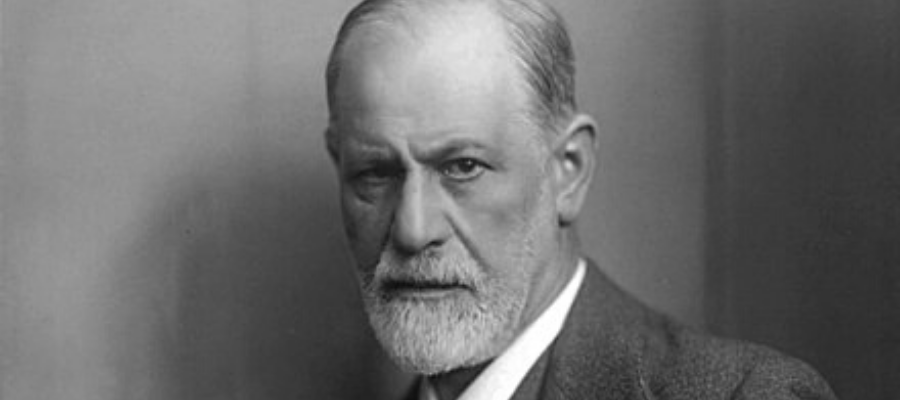The Puzzle of the Unconscious
04
Feb 2019
Most of Freud’s contemporaries believed that the human mind was all conscious. Historians of ideas who write about the development of psychology often get Freud's original contribution wrong because they don’t attend carefully enough to what was meant by terms like “subconscious mind” and “unconscious states.”
Read more#FrancisOnFilm: Aquaman
05
Feb 2019
Can an action flick like Aquaman be philosophically interesting? Could it, for example, contribute to environmental preservation by actually motivating people to do something about oceanic pollution? Answering this question requires theorizing about moral motivation.
Read moreWhat Do We Owe Future Generations?
13
Feb 2019
Exactly how much should we care about future generations? It seems obviously wrong to say that we shouldn’t care about them at all. It also seems wrong to say that we should care about them as much as we do about ourselves. After all, they don’t even exist—at least not yet.
Read moreFinding Yourself in a Virtual Fiction
14
Feb 2019
Last week I went to the Night of Philosophy and Ideas at the Brooklyn Public Library. One of the experiences on offer was a short CGI virtual-reality film called BattleScar. What is most compelling about BattleScar is the way it plays with your perspective. You are, as a viewer, implicated in the same physical space as the characters in the film.
Read moreFive Types of Climate Change Deniers
20
Feb 2019
Why do people deny climate change? A common view is that such people reject science. But in most cases, it’s not all science they reject. After all, most climate deniers believe in electricity and that the earth goes around the sun. So what is going on? As I see it, there are at least five types of climate denier.
Read more#FrancisOnFilm: Minding the Gap
22
Feb 2019
What are friends for? Should friends be supportive and non-judgmental? Should they attempt to improve one another? Or should friendship wane with the recognition that the friend has harmed another? Minding the Gap suggests that these questions do not have simple "yes" or "no" answers.
Read more


